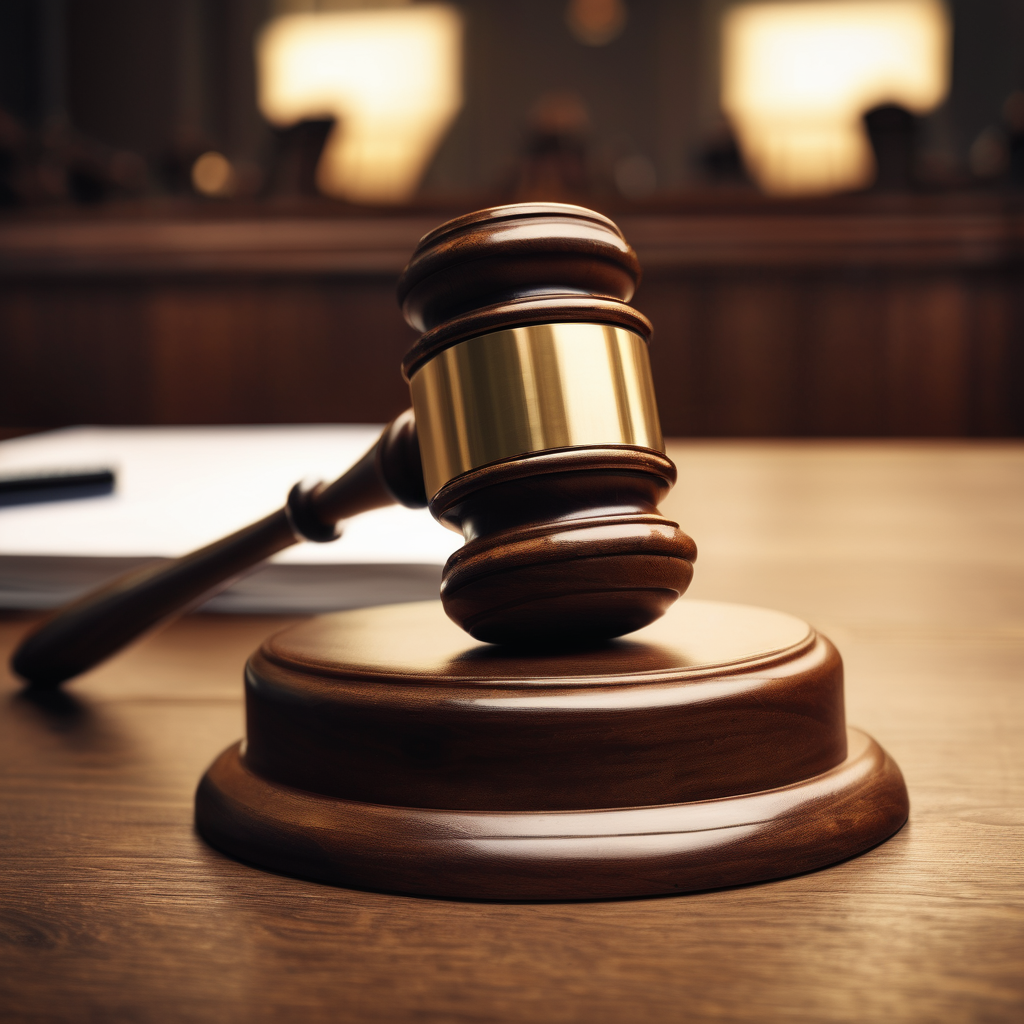As the controversy surrounding the recent decision to drop the appeal in the Daejangdong case continues to unfold, questions are arising regarding whether this decision adheres to related legal regulations. Based on the information currently available, it appears difficult to classify the appeal withdrawal as illegal. According to Article 357 of the Criminal Procedure Act, a defendant or the prosecution has the discretion to appeal against a ruling made by a district court. Specifically, if a district court’s ruling is considered unjust in terms of sentencing, the prosecution can file an appeal, as outlined in Article 361-5.
The prosecutor’s discretion regarding appeals is governed by specific guidelines established by the Supreme Prosecutors’ Office. On November 11, during a National Assembly meeting, Democratic Party of Korea member Seo Young-kyo highlighted these regulations, asserting that the decision to drop the appeal was legitimate. The guidelines specify that an appeal is necessary when the imposed sentence is less than half of the requested sentence.
In the Daejangdong case’s first trial, sentences included 12 years and a fine for Kim Man-bae, the major shareholder of Hwacheon Daeyu Asset Management, while other defendants received varying sentences and fines. However, the actual sentences imposed were not in line with the requirement to appeal as specified in the guidelines, indicating there isn’t an absolute obligation to file an appeal in these circumstances.
The backlash from the People Power Party stems primarily from the significant reduction in the amount of restitution ordered. On November 11, during a rally at the Ministry of Justice, Representative Song Eon-seok criticized the appeal withdrawal, claiming it undermines the judicial system and potentially allows those involved in Daejangdong crimes to enjoy massive illicit gains without accountability. Furthermore, attorney Yoon Yong-geun raised concerns in a press briefing, arguing that the legal framework appeared to treat the matter under general criminal law instead of the harsher penalties prescribed for economic crimes, which could drastically limit the restitution amount due to the state.
The discourse surrounding this case underscores the complexities of the legal system and public sentiment about justice and accountability. Advocates for change are voicing the importance of ensuring that the judicial system maintains its integrity and upholds the interests of the public. As these discussions continue, there remains a collective hope for a more robust approach to addressing similar cases in the future, ensuring that the rule of law prevails and that justice is not only seen but felt by the community.
